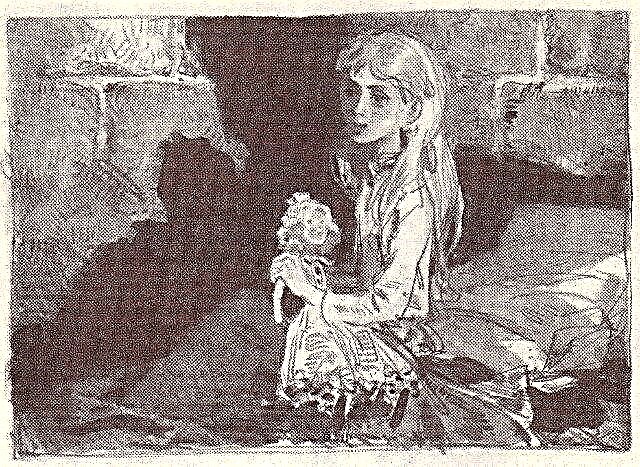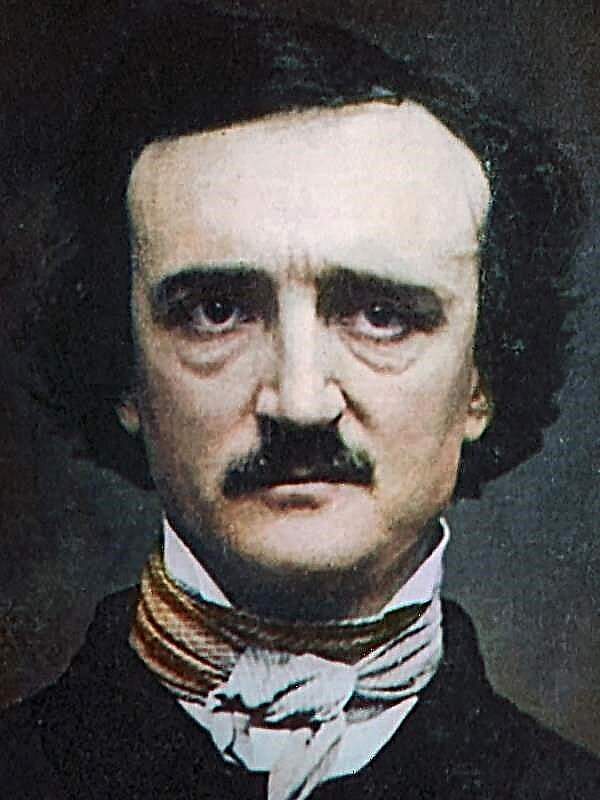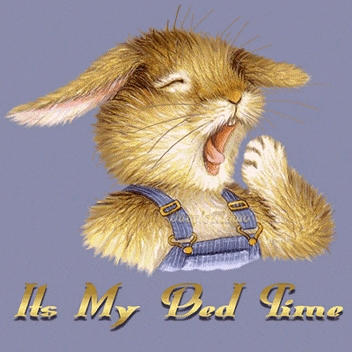Taking advantage of the benefits of civilization and accepting the moral guidelines that surround us from birth, we sometimes do not think about how much our ancestors had to go through. We take a lot for granted. For example - the ability of women to work, receive a salary and education on a par with men, the ability not to be a commodity or property. In the next three books, I want to trace the evolution of women's capabilities over the past 2.5 centuries.
Panas Mirny, "Walking"
A young beauty from a small farm lived herself and rejoiced. Reliance of father and mother in old age, a favorite of other girls. But there is no endless happiness. By the will of fate (and the evil elder), Christa loses her father and goes to work in the city. Where can a rustic simpleton go? Just an au pair for wealthy people. And so began the urban odyssey of Christina. Her spectacular appearance brought more troubles than joys. Either she is a maidservant, or she is a rich woman herself ... Up and down ... Yes, only the falls were more painful every time.
The novel shows the life of people of that time, hardships and hardships, family relationships and the social status of a woman who at that time already imposed on her an overwhelming yoke of a slave of conventions and brute force. Of course, it would be worth reading in the original language - Ukrainian. But the Russian translation is close to the original and also conveys the atmosphere of the work well.
The author of the book, Ukrainian writer and public figure Afanasy Rudchenko, began to fight for women's rights back in the 19th century. And one of the means of struggle was this book, released in 1883. In 1961, she was filmed with Lyudmila Gurchenko in the title role.
Elizaveta Vodovozova, “The Story of a Childhood”
Ah, these institutes of noble maidens! Conversations in French, lessons in singing and dancing, dormitory and "kofulki". A closed and purely female society in which conflicts invariably arose and, on the contrary, strong friendships.
This book is part of the memoirs of Elizabeth Vodovozova. She talks about her stay at the Smolny Institute. Even then, in the 50s of the 19th century, getting an education was considered an important stage in the life of a “decent” woman. Studying gave a chance to go to people to girls from poorer families, and to confirm their status to the richer ladies. Only now there were disciplines, let’s say, for an amateur. The weaker sex was still brought up as an application to the strong, speaking about the selection of outfits more often than about the basic sciences.
The memoirs are worth reading to those who want to plunge headlong into the world of women, girls, girls of the 19th century and feel the difference between themselves that they had with what we have now.
Subsequently, Elizaveta Nikolavna Tsevlovskaya-Vodovozova studied pedagogy and psychology, wrote textbooks for teachers and educators, based on her personal experience.
Lauren Weisberger, "The Devil Wears Prada"
The life of the young journalist Andrea Sachs is a continuous farce and a game of a successful person. She herself is disgusted by this statement, but the society around her is chanting “Come on, Andrea, rejoice!” You have a dream job, a famous boss and a million dollar wardrobe! ” And the heroine rejoices. She answers the calls of the boss in the early morning of the weekend, runs 100 times for her “coffee”, tries to match the style of the magazine and her patroness - Miranda Priestley, the real devil in shoes from Jimmy Chu.
Here they are, the blue dreams of naive girls who look at the workers of the fashion magazine "Podium" as celestials. But these are not Andrea's dreams. And the whole book is a struggle. This is the heroine’s fight with herself - a sense of duty and conscience against her opinion, a desire to meet the expectations of others - against her own desire to turn off the phone one day and not hear this damned Miranda and her addictive “An-dre-aaa!”.
The world of modern women, careerists who forget about themselves and loved ones, fashionistas, blissfully throw off expensive things in the evenings and climb into pajamas, lonely beauties who cannot afford family and friends.
The novel is autobiographical and includes the memories of Lauren about the period of her work in the magazine "Vogue". It has been translated into dozens of languages, has occupied the top lines of the US bestseller list for six months, and has also been filmed. The film "Devil ...." was nominated for an Oscar. In 2017, a sequel to the novel entitled “Revenge Wears Prada” was released.












